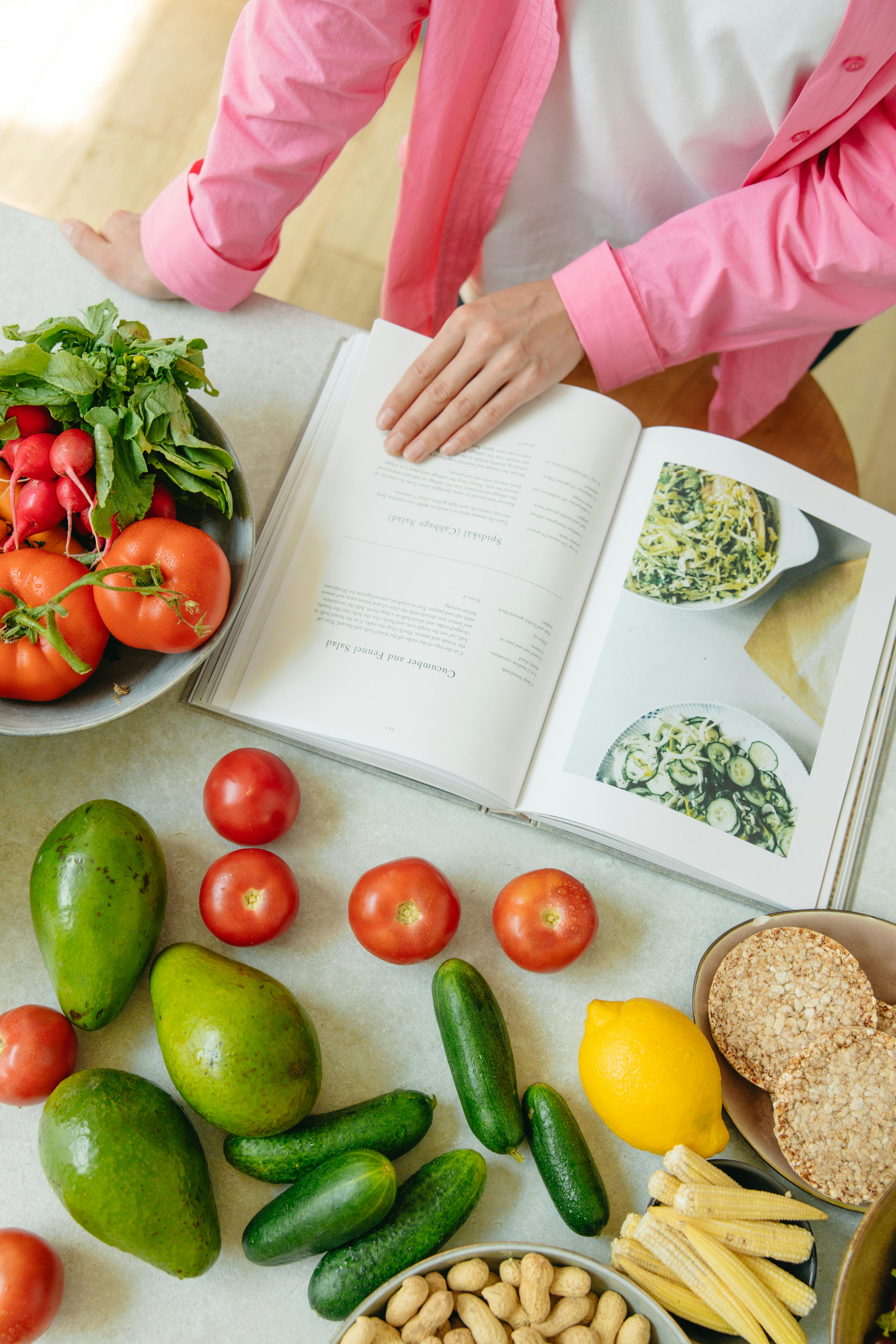Easy Ways to Peel Hard Boiled Eggs: Smart Tips for Perfect Eggs in 2025
Peeling hard-boiled eggs can often be a tedious task, particularly when shells stick stubbornly to the whites. However, mastering this simple skill can enhance your culinary experience, whether you’re preparing snacks, making salads, or crafting delicious deviled eggs. In this article, we’ll explore various methods to make egg peeling easy and efficient while ensuring perfect hard-boiled eggs every time. Our roadmap will include tips on using fresh and room-temperature eggs, the best peeling techniques, and some clever kitchen hacks and tools to streamline the process. By implementing these strategies, you’ll not only save time but also impress your family and friends with your egg-peeling prowess!

Essential Techniques for Peeling Hard Boiled Eggs
Understanding the Egg Peeling Process
Peeling hard-boiled eggs successfully begins with understanding the structure of the egg itself. The outer shell is made of calcium carbonate, while the inner membrane adheres closely to the egg white. When eggs are freshly laid, the pH level is lower, making it more difficult to peel them. As eggs age, the pH rises, creating a larger air cell and making peeling simpler. Therefore, if you want a quick way to peel boiled eggs, consider the age of your eggs - older eggs will typically yield better results.
Why Room Temperature Eggs Are Easier to Peel
Using room temperature eggs is a game-changer when boiling eggs for easy peeling. Take your eggs out of the refrigerator about 30 minutes before boiling. This helps to prevent the eggs from cracking due to thermal shock and allows for even cooking, contributing to easier peeling. After boiling, plunging them into an ice bath can further expedite the cooling process, helping to separate the inner membrane from the shell.
The Cold Water Method for Peeling Eggs
The cold water method is another highly recommended technique to ease peeling. After boiling the eggs, immediately transfer them into a bowl of cold water or run cold water over them while gently rolling them on a surface. This creates a shock effect, contracting the egg’s interior and loosening the shell. It’s considered one of the best methods for peeling eggs without mess and is particularly effective for batch cooking.
Tips and Tricks for Perfect Hard Boiled Eggs
How to Boil Eggs Perfectly
Starting with the boiling process is essential to get that perfect hard-boiled egg. Fill a pot with water, ensuring there's enough to cover the eggs by at least an inch. For ideal cooking time, bring the water to a rolling boil before gently adding in the eggs. Cover and let them boil for exactly 9-12 minutes, depending on your preference (9 minutes for slightly soft yolks, 12 minutes for a firm yolk). Following these times will vastly improve your egg peeling experience.
Boiled Egg Handling Tips
Handling your boiled eggs with care is equally important to prevent cracks and maintain their quality. Avoid dropping eggs into boiling water; instead, use a slotted spoon to lower them gently. Once cooking is complete, cooling eggs rapidly helps maintain their texture and ease of peeling. Also, avoid stacking hot eggs on top of each other. Once cooled, store them in the refrigerator without peeling to maintain freshness.
Clever Tools for Egg Peeling
For those who find peeling eggs troublesome, consider investing in some egg peeling tools. An egg peeler device can simplify the process by containing the egg inside while gently removing the shell. While these gadgets can differ in effectiveness, many users report satisfaction with their performance, making peeling eggs a breeze!

Common Mistakes to Avoid When Peeling Eggs
How to Avoid Sticky Egg Shells
One of the biggest frustrations when peeling hard-boiled eggs is dealing with sticky shells. To avoid sticky shells, ensure that you’re not using very fresh eggs, as they tend to adhere more stubbornly. Additionally, remember to cool the eggs in cold water immediately after boiling. This not only improves texture but significantly reduces stickiness, leading to easier peeling.
Understanding Fresh Eggs vs. Older Eggs
Fresh eggs are often touted for their nutritional value but they can be more challenging to peel. If you’re planning to hard boil eggs, purchasing eggs a week before you boil them can make a world of difference. This age factor allows for more efficient peeling as the pH levels change. When buying for your meal prep, consider egg storage tips to ensure they are at the right age for your peeling needs.
Boiled Egg Cooling Methods
The method you use to cool your boiled eggs can impact their peeling quality. Simply placing them in cold water isn’t always sufficient. For optimal results, fill a bowl with ice and water and let them sit. This ensures rapid cooling which contributes to easier peeling. Another great option is to place the eggs in a controlled environment to cool down gradually, especially if you don’t need to peel them right away.
Creative Recipes Utilizing Hard Boiled Eggs
Easy Hard Boiled Egg Recipe Ideas
Hard-boiled eggs are incredibly versatile and perfect for a variety of dishes. Whether you enjoy them as a quick snack or a main ingredient, you can prepare them in innovative ways. Create a nutritious egg salad by mixing diced hard-boiled eggs with mayonnaise, mustard, and chopped herbs. Alternatively, for a delicious twist, try making deviled eggs. Simply mash the yolks with mayonnaise and spices, then fill the whites for a delightful treat!
Healthy Dishes Featuring Boiled Eggs
Boiled eggs can be the star of many healthy dishes. Consider adding them to salads or wraps for a protein boost. For example, a spinach salad topped with sliced hard-boiled eggs, avocado, and a light vinaigrette can make for a satisfying and nutritious meal. Additionally, incorporating them in breakfast bowls with grains and vegetables is a great way to enjoy their versatility.
Meal Prep with Hard Boiled Eggs
Including hard-boiled eggs in your meal prep can help streamline your busy life. Their ease of storage (they last up to a week in the refrigerator) means you can prepare them ahead of time for quick snacks or to add protein to your meals. You can simply grab an egg from the fridge while rushing out the door or toss one in a lunch box, making them a perfect go-to food when time is limited.
Q&A Section: Your Egg Peeling Questions Answered
What is the best method for peeling hard-boiled eggs?
The best method varies by preference, but many swear by using older eggs and cooling them rapidly in cold water. Enjoying a quick way to peel boiled eggs means halting cooking immediately to prevent overcooking and ensure easy peeling.
Why do some eggs peel better than others?
Eggs that are older tend to peel better due to the increased pH in the egg whites, which causes the membrane to separate from the shell. Fresh eggs, conversely, are more difficult to peel because of their lower pH levels.
How can I ensure my boiled eggs are perfectly cooked?
The ideal hard-boiled egg cooking time is around 9-12 minutes, depending on how firm you prefer your yolks. Remember to place eggs in cold water and bring them to a boil to achieve a consistent result every time.
What are some good egg storage tips?
To prolong the freshness of your eggs, store them in their original carton in the refrigerator to prevent them from absorbing odors. Keep eggs in the coldest part of the fridge, ideally toward the back, and remember that hard-boiled eggs should not be raw before peeling.
Are there any health benefits to eating boiled eggs?
Hard-boiled eggs are an excellent source of protein, essential vitamins, and minerals. They are particularly rich in nutrients such as vitamin B12, selenium, and choline, which are important for overall health.
